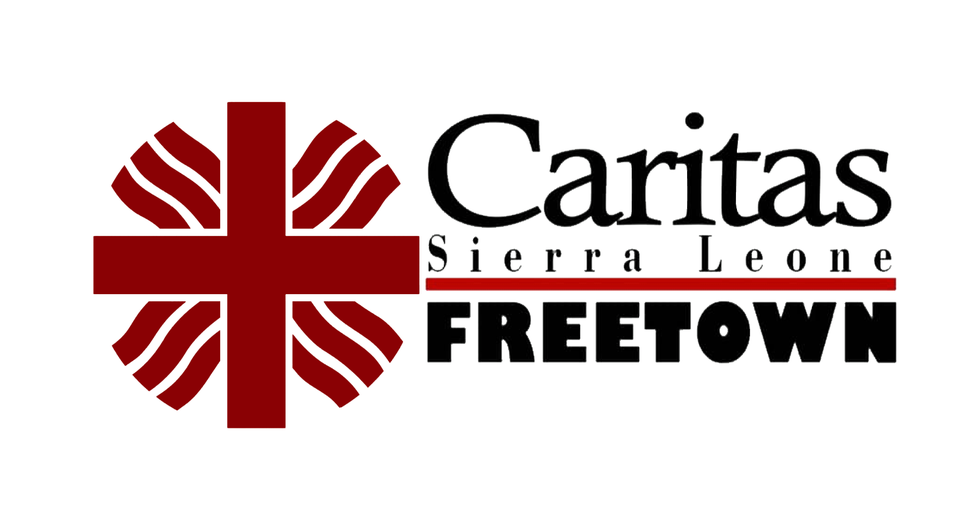SGVB Project
The project “Strengthen behavioural change on SGBV prevention; promoting access to justice and hygiene education for vulnerable women and girls in Western Area” seeks to prevent all forms of violence against women and girls in schools and communities while promoting behavioural changes on gender-based violence prevention and good hygiene practices.
The project is supported by Manos Unidas
The project is guided by two specific objectives that aimed at establishing and strengthening schools and communities’ structures for the prevention of GBV and supporting survivors with financial aid for the pursuit of justice, and through technical and vocational skills schemes, and provision of educational learning materials to most vulnerable survivors.
The second objective is to strengthen institutions that guarantee women’s rights to a life free from violence, by enhancing their capacity for case management, and psychological approaches to deal with the complexities of sexual gender-based violence issues and provision of stationery supplies to the Family Support Unit Departments in the Western Rural Area.
20 Advocacy Forum Groups in schools and communities have been established and effective awareness-raising sensitization campaigns have been ongoing monthly in each targeted school and community to increase the level of awareness on the law and its consequences, the elements of abuses around Sexual and Gender-Based Violence, referral pathways, good grooming and personal hygiene practices, and promoting a change of attitudes and behaviours among pupils and community members on gender-based violence prevention.
This implementation strategy involves working with community members and school pupils which resulted in increased participation leading to community ownership that would ensure the sustainability of the Project.
They intervene promptly if any abuse occurs, and they always inform the project team members after taking an initial action using the referral pathway.
The awareness-raising outreach engagements, workshop sessions, and radio discussions have benefitted beneficiaries far and wide in the targeted schools and communities and even beyond.
The project has further provided financial aid to survivors of rape, sexual penetration, and severe physical assault to cover the transportation fare as they follow up with police investigation, medical examination, and attend court hearings to pursue justice in the court of law.
Twenty (25) most vulnerable survivors of rape have been enrolled in vocational skills training centres to acquire sustainable livelihood skills to enable them to become financially self-sustainable. Their self-esteem and confidence have improved because of the acquisition of livelihood skills that are presently ongoing.
Twenty-five (25) school-going survivors (from rape, sexual assault, and severe physical assault) from poor homes in remote and vulnerable communities were supported with educational learning materials such as bags, exercise books, textbooks, and in addition transport costs and cost for uniform.
Additionally, the project also targeted both men and boys in quarterly engagements to educate them on their unique roles in mitigating GBV in their communities, and the consequences of gender-based violence on the survivors, their families, and communities. These men and boys have transformed their toxic masculinity mindset towards women and girls and presently engaging in community outreach engagements together with the forum group members and Outreach Officers in sensitizing other men and boys to practice consent, and gender equality and create an empowering and enabling environment for women and girls to achieve equal opportunities and make meaningful contribution towards community and national development.
Close collaborative linkages with government institutions such as the Family Support Unit of the Sierra Leone Police, and non-governmental organizations such as Rainbo Initiative, Don Bosco, WAADO, Fatima Interim Care, and L.A.W.Y.E.R.S have been established and collaborating effectively to provide the needed support services to survivors of rape and other related gender-based violence issues. Temporal safe homes had been quickly made available to survivors because of these collaborative linkages.
The project has been able to enhance the service delivery of the Family Support Unit through the provision of stationaries and improve the FSU personnel’s capacity to handle cases and provide psychosocial support to survivors through the quarterly training engagements held.
The ongoing project has been making significant impacts on the lives of the survivors, community members, pupils, and also the members of the established forum groups in schools and communities.
The baseline survey analysis proves that knowledge of gender-based violence and personal hygiene was low among community forum group members and school advocacy forum group members.
